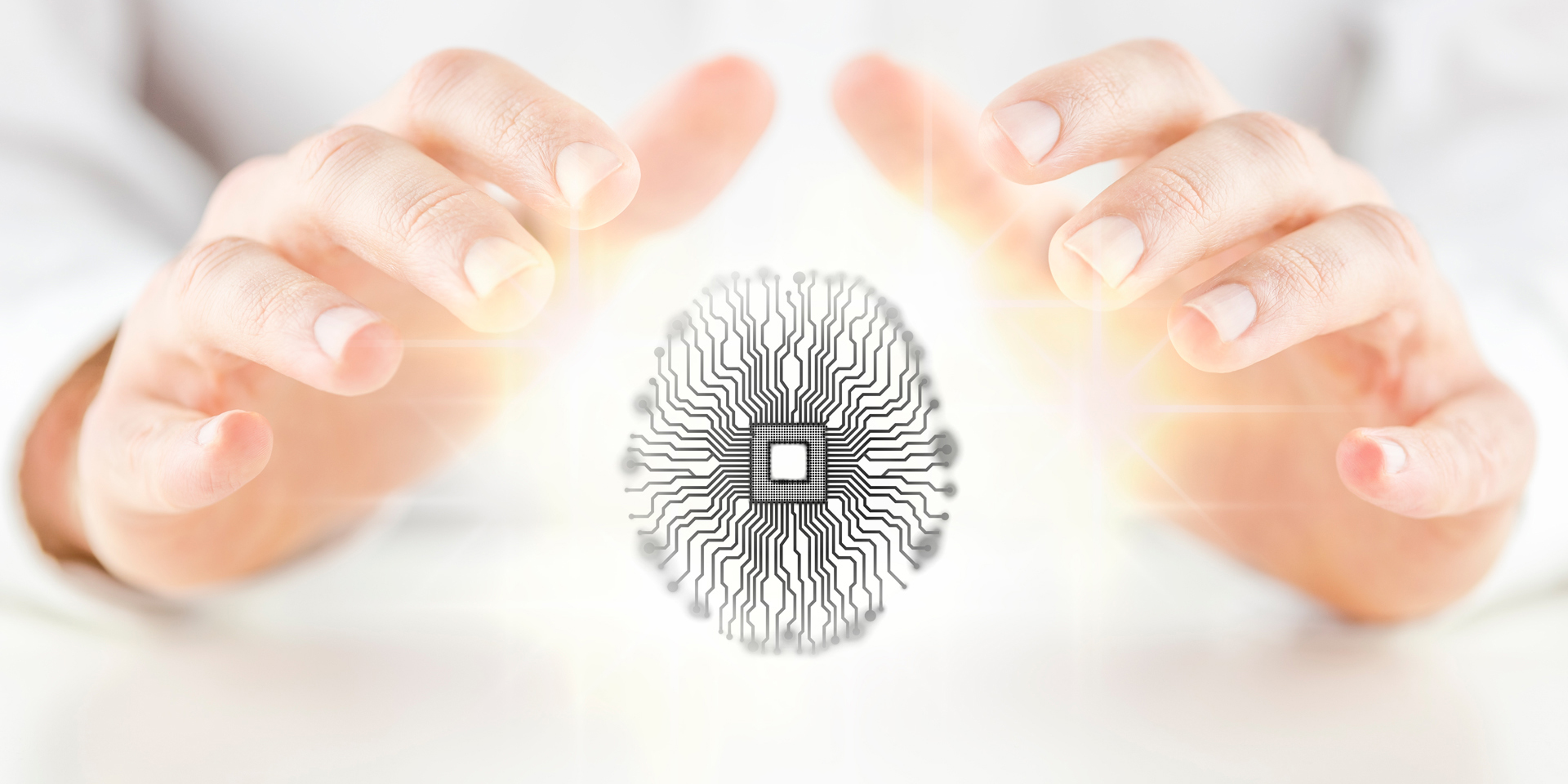
Last November, the Gartner Symposium / ITxpo 2016 was held in Barcelona, one of the world’s most important gatherings of CIOs and Senior IT executives. The renowned IT research and advisory company took advantage of the event to provide a strategic vision of the main trends that will dominate the technological panorama next year and which will demand the attention of any company that wants to be up to date and stand out for their innovative and avant-garde business model and strategies.
In fact, the novelty does not lie in the aforementioned tendencies, but in their level of dissemination and integration into today’s organizations and society – a phenomenon that may change the world in a near future.
Artificial Intelligence
The 2017 technology trends include artificial intelligence and automatic learning, which combine different tools and procedures that allow devices to understand natural language through complex neural networks. Artificial intelligence will fully enter into our day-to-day experiences and will be embedded into many types of software; from robots that make our lives much easier to autonomous cars, unmanned aerial vehicles and even consumer electronic products.
Another area in which artificial intelligence will have a major impact is the so-called “smart app” market. This area includes, for example, virtual personal assistants that greatly improve the overall user experience and performance of applications, which is especially important in e-commerce platforms and purchasing processes.
Optimized interaction and connection between objects is another new trend in artificial intelligence. Whereas up until today, artificial intelligence has been integrated into individual devices, in a next stage those physical objects will be connected to each other, allowing them to cooperate and complement each other. According to David Cearley, a Gartner analyst, “Over the next 10 years, nearly all applications, programs and services will contain some form of artificial intelligence.” This sounds rather futuristic, but it is actually not that far from becoming a reality. Unfortunately, the expansion of artificial intelligence also has its “dark side“, as it is important to bear in mind that millions of jobs will be lost around the world, especially those that involve easily automated, routine and repetitive tasks. The days of jobs such as receptionists, telephone operators, cashiers or assembly line operators are numbered. In turn, professionals whose tasks involve creative processes or require complex conceptual reasoning, such as developers of algorithms for artificial intelligence, have nothing to fear. In fact, the area of robotics, which goes hand in hand with artificial intelligence, will transform the labor market to such an extent that some governments already intend to tax the purchase of robots.
Innovation in Document Software
Logically, the document software sector will also experience important advances, mainly in the development of Web interfaces, where the main focus lies on the overall user experience, and automation of Output Management document processes. That is, document software manufacturers are developing document software solutions that manage corporate document processes in Web environments (online) in a comprehensive way. Moreover, document software companies will truly stand out if they manage to integrate their own applications with external programs or services within the same control panel or console, in order to optimize the user experience to a maximum.
Beyond 2017
According to recent forecasts, the progression of digital innovation will accelerate after 2017. Important changes will affect all sectors, which means that companies should reconsider their strategic agenda and adapt their products and services offer to appropriately adjust to the radical changes to come. And there will be many. According to Gartner:
- More than 100 million people will be shopping via augmented reality (AG), 30% will browse the Internet on screen-less devices and 20% will stop using mobile apps.
- The blockchain business will exceed $10 Billion.
- One of the technological giants (Google, Apple, Amazon, Facebook, Baido,Alibaba, Tencen) will be involved in nearly 20% of all digital retail transactions.
- The storage of information in data centers will grow very little (approximately 3%). Most of the information generated by IoT will not be saved.
- By 2022, savings through IoT are expected to reach $1 Trillion.
The most visionary companies will undoubtedly realize the strong impact of the above-mentioned predictions and the digital changes they entail, developing new products and services that adapt to the new reality to come. However, in case someone is lost and does not know where to start innovating, there are three main points to consider:
- The digital experience will change to such an extent that consumer-to-business and business-to-business (C2B and B2B) relationships will consist of a constant succession of virtual interactions.
- Innovation in business will bring about significant changes based on simple concepts.
- Side effects will have far greater importance than the initial digital change.
Sources:
- https://www.forbes.com/sites/gartnergroup/2016/10/26/gartners-top-10-strategic-technology-trends-for-2017/#24c159817044
- http://www.efe.com/efe/america/economia/en-el-proximo-lustro-se-perderan-7-millones-de-empleos-segun-foro-economico/20000011-2813708
André Klein
Freelance Consultant for DocPath
